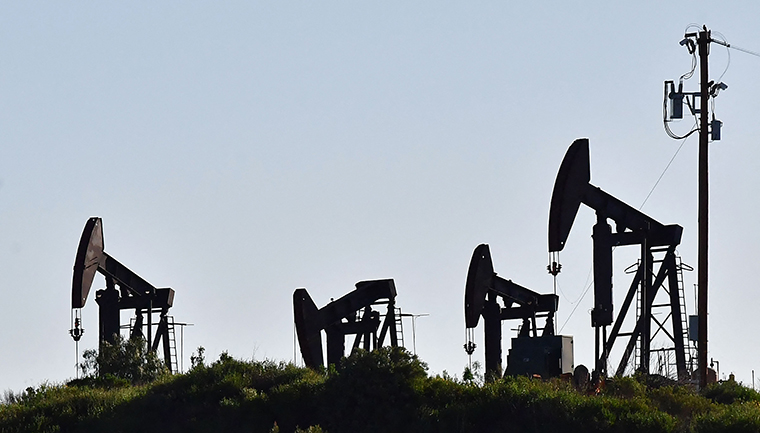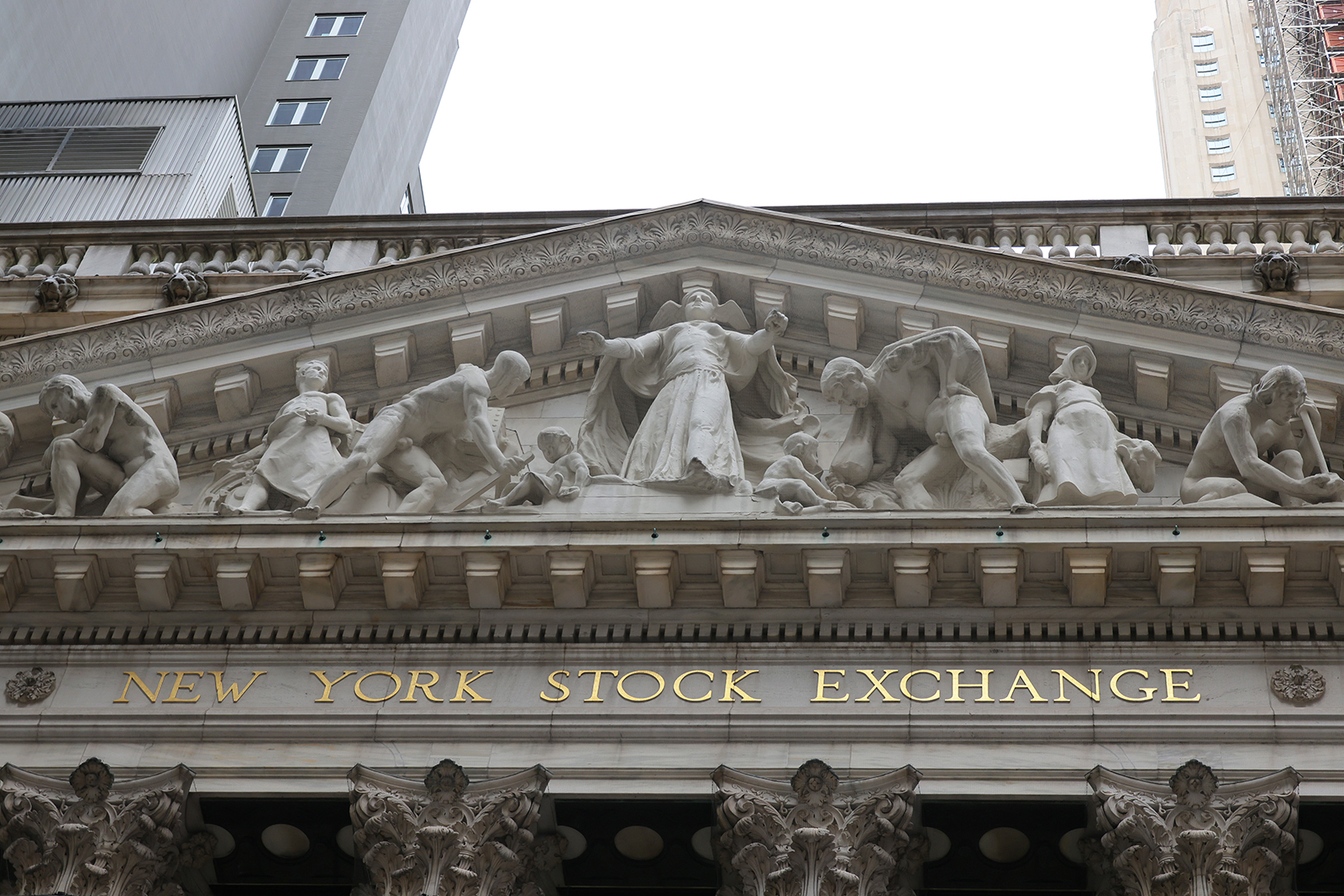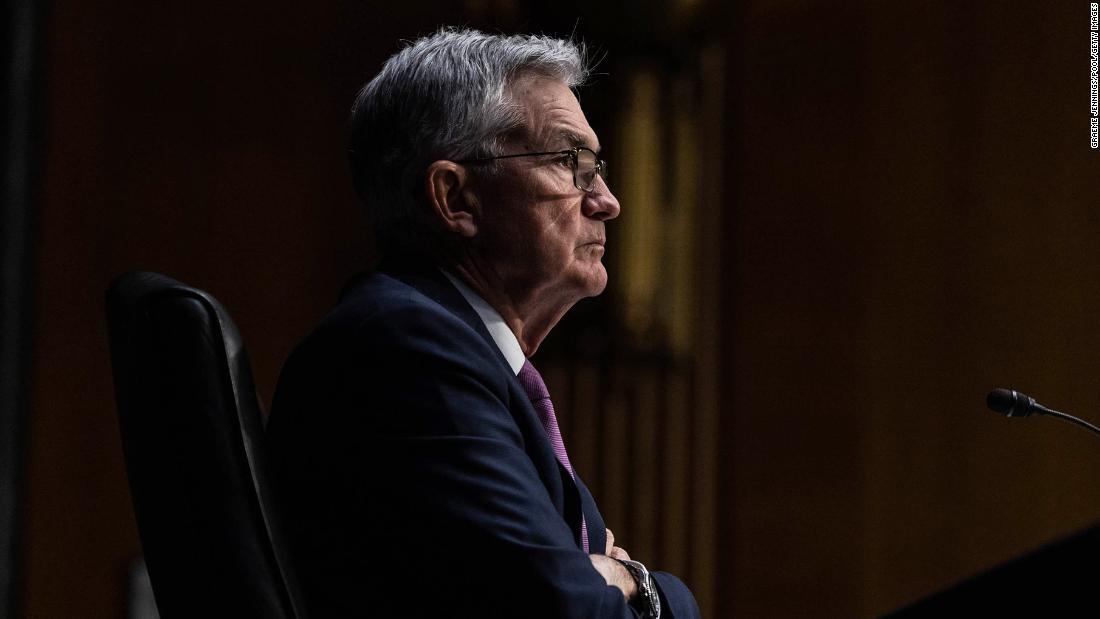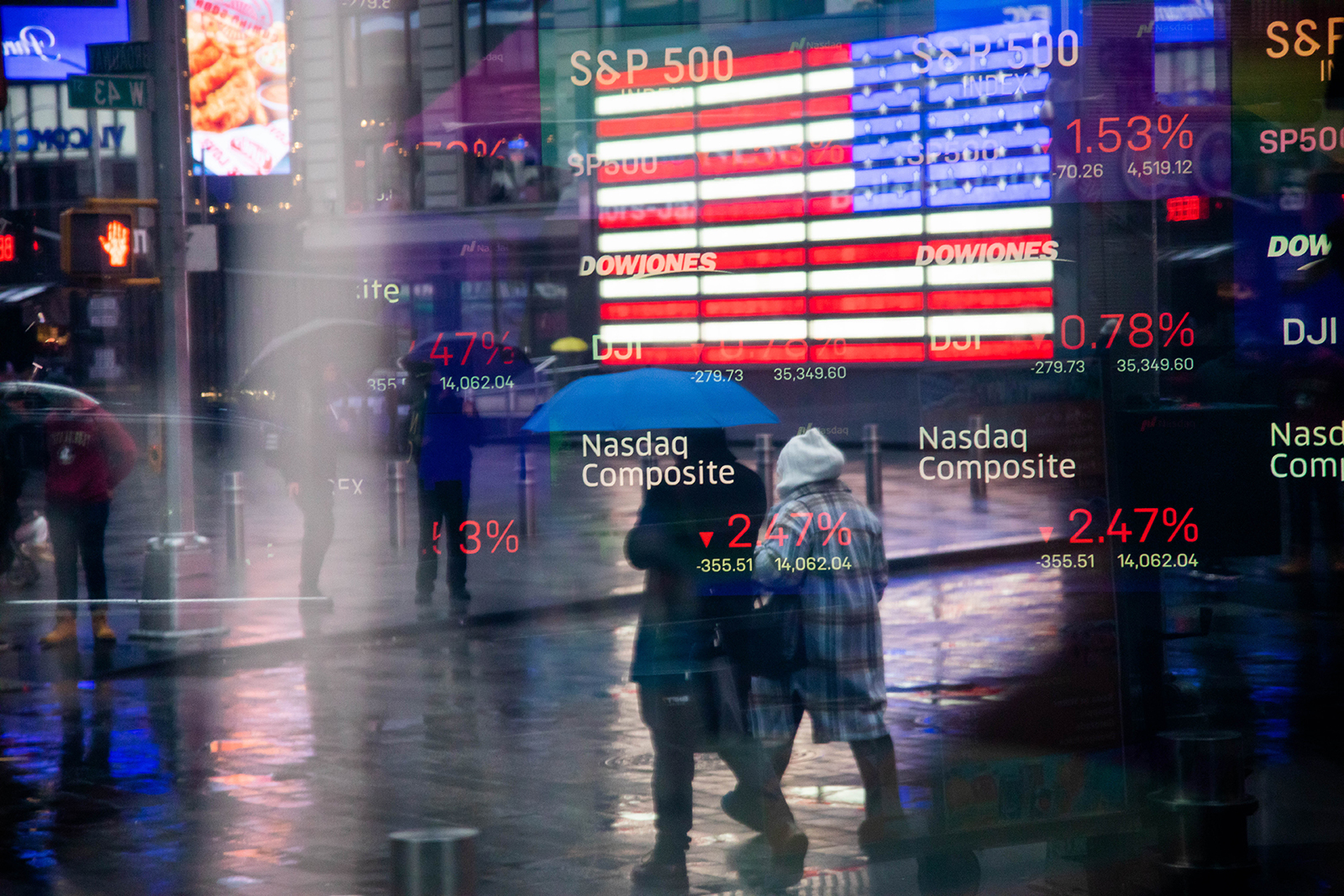Faced with $100 oil and soaring gasoline prices, President Joe Biden is very likely to release another round of barrels from America’s emergency oil stockpile, RBC Capital Markets said Thursday.
“Saudi Arabia remains very reluctant to alter the current OPEC easing schedule, hence it looks almost certain that the White House will soon announce another strategic SPR release through the IEA,” Helima Croft, head of global commodity strategy at RBC Capital Markets, wrote in a note to clients.
Croft, a former CIA analyst, added that the size of the release will “likely be larger” than the one announced in November that provided just modest relief to American drivers filling up at gas pumps.
Although emergency oil releases can help cushion the blow from supply shortages, they won't solve the underlying supply-demand imbalance that drove energy prices to seven-year highs even before the invasion of Ukraine.
It’s worth noting that even if the United States doubled the size of its November SPR release, that would only amount to 24 hours of world supply.
Beyond energy, RBC’s Croft noted that Russia’s role as a “commodity superstore” to the world raises the risk that the crisis will “exacerbate the current global inflationary dynamics.”
Croft said the food price inflation risk stemming from this conflict “appears acute” because Russia and Ukraine account for a combined 25% of global wheat exports and Ukraine alone for 13% of corn exports. RBC added that Russia is the largest producer of ammonium nitrate, a key component in fertilizer.




